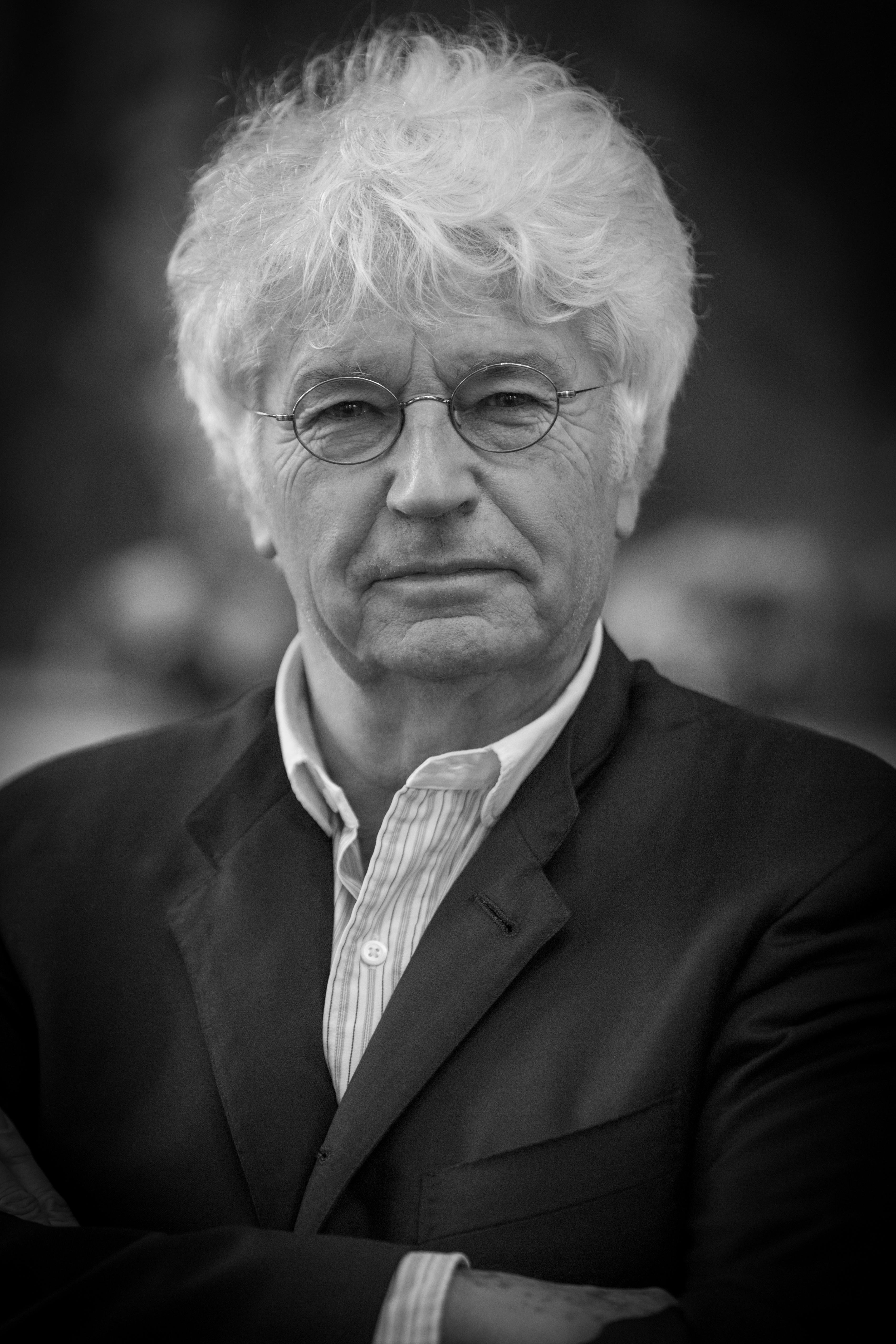
Jean-Jacques Annaud
Jean-Jacques Annaud (French: [ʒɑ̃ ʒak ano]; born 1 October 1943) is a French film director, screenwriter and producer. He directed Quest for Fire (1981), The Name of the Rose (1986), The Bear (1988), The Lover (1992), Seven Years in Tibet (1997), Enemy at the Gates (2001), Black Gold (2011), and Wolf Totem (2015).
Jean-Jacques Annaud
1 October 1943
Film director • screenwriter • producer
1965–present
Annaud has received numerous awards for his work, including five César Awards, one David di Donatello Award, and one National Academy of Cinema Award. Annaud's first film, Black and White in Color (1976), received an Academy Award for Best Foreign Language Film.[1]
Early life[edit]
Jean-Jacques Annaud was born on 1 October 1943 in Draveil, Juvisy-sur-Orge, Essonne, in France.[2] He was educated at the technical school in Vaugirard, and in 1964 graduated from the prestigious film school Institut des Hautes Études Cinématographiques (IDHEC) in Paris.
Career[edit]
Annaud began his career by directing television advertisements in the late 1960s to early 1970s. In his first feature film, Black and White in Color (1976), he drew on his personal experience of military service in Cameroon. The film won the Academy Award for Best Foreign Language Film.[3] His third film, 1981's Quest for Fire (La Guerre du feu), received two Césars for best film and best director.
After Hothead (1979), a French-language film that became a cult classic in his homeland, he moved to Kenya, Scotland and Canada to shoot Quest for Fire, which brought him international recognition. He subsequently won a César – French National Award – for Best Film & for Best Director. He then directed Sean Connery in The Name of the Rose (1986), which was shot in Italian and German monasteries (César for Best Foreign Film and David Di Donatello for Best Director), and is based on Umberto Eco's popular novel of the same name. The film version, with a screenplay by Andrew Birkin, won two BAFTA Film Awards and was the subject of another 14 wins and two nominations. Annaud spent four years preparing for the film, traveling throughout the United States and Europe, searching for the cast and film set locations. He supposedly felt personally intrigued by the project, among other things because of a lifelong fascination with medieval churches and familiarity with Latin and Greek.
He then adapted The Bear P.O.V. (César for Best Director, 1988) in the heart of select locations of the Dolomites, Germany, Canada and Austria. He then shot in Vietnam the adaptation of Marguerite Duras's autobiographical novel, The Lover (1992), recreating the atmosphere of colonial Indochina. He then set back out to the Canadian Rockies and directed Wings of Courage, the first 3D fiction film ever made in Imax-3D (1995). In 2000 he wrote and produced Running Free, directed by Sergei Bodrov.
Annaud also worked with Brad Pitt when he directed Seven Years in Tibet (1997), shot in Argentina, Canada, Tibet, Nepal and Tyrol. In 2001, Annaud reunited Jude Law and Ed Harris in a retelling of the Battle of Stalingrad (Enemy at the Gates, 2001), filmed in Germany. Soon after, Annaud flew to the ruins of the temples of Angkor and filmed Two Brothers (2004), shot in Cambodia, Thailand and France. He then set out to revive ancient Greece (His Majesty Minor, 2007), shot entirely in Spain, then Arabia of the late 1930s, directing Antonio Banderas in Tunisia and Qatar in Black Gold (2011). In 2015, Annaud adapted Wolf Totem, a Chinese literary phenomenon entirely shot in Inner Mongolia. The film won the People's Hundred Flowers Award and Golden Rooster in China and a dozen other trophies around the world.
Annaud signed a petition in support of film director Roman Polanski in 2009, calling for his release after Polanski was arrested in Switzerland in relation to his 1977 charge for drugging and raping a 13-year-old girl.[4]
In 2018, Annaud directed Patrick Dempsey in his 10-part television adaptation of Joël Dicker's best-seller The Truth about the Harry Quebert Affair (2018); it was released in 22 countries and shot in Canada.
Annaud is a member of the Institut de France and has received numerous distinctions: Film Award of the National French Academy, Knight of the National Order of Merit, Commander of the Order of Arts and Letters, and the Charlemagne Medal for European Media (Karlsmedaille für die europäischen Medien).